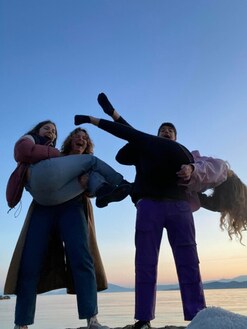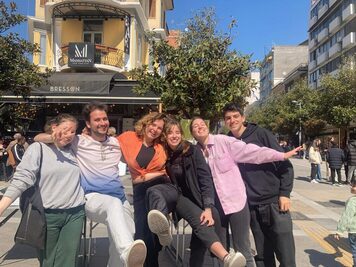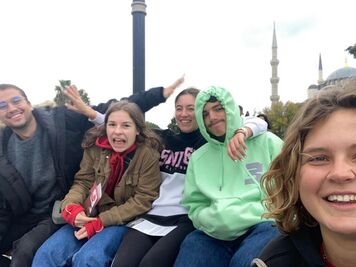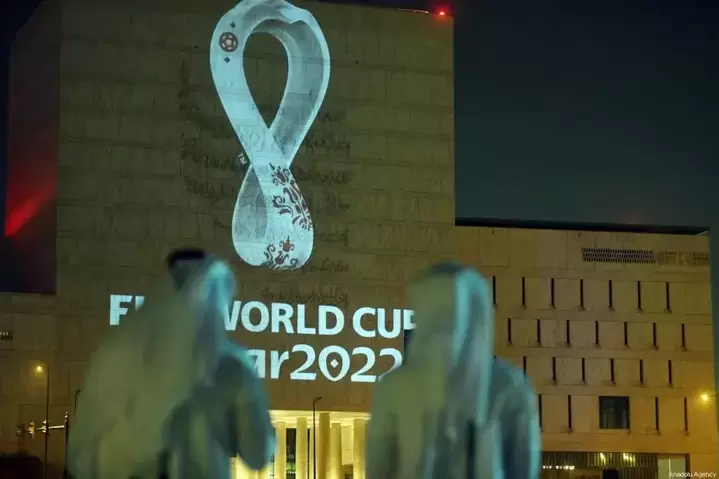I think you already know the answer, because they discover a beautiful place they don’t know, a new culture, new people, they can also discover themselves what do they really like, who they are. Traveling is part of a way of life, and it can be done in many ways. But there is a way you should favor and avoid taking into the mass tourism.
Million of people are tourist every year, but some of them are destroying the planet, and the place they are visiting. They take part in the mass tourism which refers to the movement of a large number of organised tourists to popular holiday destinations for recreational purposes. It is a consequence of globalisation and capitalism; indeed, people want to relax as much as possible during their 3 weeks of holidays, which is understandable. However, don’t forget that this mass tourism plays an important role in climate change. This kind of holidays resort belong to big tourist chains who try to make as much money as possible and prevent the small local shops to survive.
That’s why you should avoid this kind of places and favor small and local hotels or hostels and restaurants even if they are more and more complicated to find. Hiking and traveling by train are also a nice way to discover new places instead of taking the plane.
Personally, it has been a year I have been a tourist and from the beginning of September I’m going to be one again for a year. Sometimes last year I knew that I was eating or drinking in places only made for tourists and I was feeling like I was just there to give them money while I was really living in Greece for a year, and I wanted to be considered as an inhabitant. Obviously, that was complicated because I don’t look Greek at all, and the language is too complicated for me.
Next month I’m going to study in Brazil for a year and everyone would know that I’m not Brazilian because of my European appearance, but I really wish to be part of the culture and to speak the language, which, I think is going to be easier than Greek.
Being a tourist during the whole year is very nice since I was in Europe, I created my new comfort zone/ routine. Sometimes I wish to speak Greek and felt frustrated because people were not understanding me. Other times when I was a tourist, I felt as prey with money.
Therefore, I can say that after this year abroad, being home is an amazing and weird feeling since you speak the same language, you have the same culture references, the same sense of humor but nothing changed during the year you have discovered so many people and places that you will never forget.
To sum up, you have to take advantage of being young and going out of your comfort zone as much as possible to live incredible moments avoiding mass tourism!







